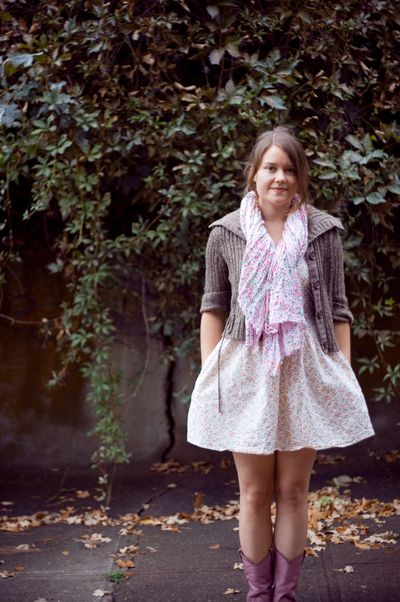Show spotlights women making way in music industry

When Liz Rognes moved to Spokane four years ago, she was introduced to the Spokane Babes of Music.
That was a show put on by local singer-songwriter Kari Marguerite that featured local female musicians. It drew Rognes to the growing community of female artists in Spokane.
“I wanted to find a community of women because I’d spent most of my adult life in communities of women, and I valued spaces where women’s voices are significant, heard and supported,” Rognes said.
Now, Rognes is following Marguerite’s lead, organizing shows that highlight local women and female-led bands.
“I know firsthand that there are many talented local female musicians, producers, promoters and sound engineers here in the Inland Northwest and across the nation, but women are largely underrepresented or misrepresented in the music industry. This isn’t particular to Spokane or to any single city – it’s a larger societal phenomenon that interests me as a musician, as a feminist and as a scholar,” Rognes said. “Music is traditionally a male-dominated industry, and women who enter into the industry often have to battle objectification, dismissal, and we often have to work extremely hard to establish ourselves as credible, smart musicians or engineers. Mass media draws far more attention to women’s bodies than to their art, and I think this reinforces problematic cultural pressures on young women (and, in fact, women of any age) to prioritize meeting unrealistic beauty standards over expressing their intellect or their talent.”
Rognes began writing songs at college in Minnesota, where she was a music major studying classical piano, music composition and vocal performance.
“I actually kept my songwriting and infrequent café gigs a secret from my voice and composition teachers because I thought they would think it was too low-brow,” Rognes said.
While classical and jazz styles continue to be strong influences for Rognes, she eventually fell in love with folk music, the intimacy of her guitar and the liberating feeling of singing her own words, leading to the development of her jazz-influenced folk Americana style.
For the next installment of female-focused music, Rognes will be joined Thursday at nYne Bar & Bistro by locals Mama Doll and Hannah Reader (My Pinky Has A Name), along with Seattle musician Rachel Price and North Idaho’s Angela Marie Project.
The Angela Marie Project’s electro-acoustic, energetic-yet-soulful, progressive-yet-approachable sound can be heard frequently throughout the area. The band plays Tuesday at The Shop. Thursday is a double-header, as they are also playing Browne’s Addition Summer Concert Series. Other August shows include gigs in Coeur d’Alene, Liberty Lake and Pig Out in the Park. Known for their community mindedness, the Angela Marie Project specializes in fundraisers and outdoor events.
Bandleader and acupuncturist Angela Marie Slotten said she sees music as a male-dominated business despite the relative increase in airplay for female singer-songwriters, even in the past 10 years.
“There is still the strong stigma about lead singers being only prima donnas, demanding and bitchy. For example, it is easier and more acceptable for a male musician to say what they need as far as sound or with booking – they can generally be more direct without judgment, while a female musician often will hold back on asking for what they need because we are judged as demanding with lead-singer syndrome,” Slotten said.
“It is so satisfying to have this myth dispelled and have a wonderful working relationship with men in the biz. I love having other women come up and say how they feel empowered by our music and stage presence/energy,” she said. “(It) also means a lot to have girls inspired by our music in the way I was when I used to go see women singers when I was a girl. It’s getting better, but we still need to continue supporting each other, and women are good at doing that.”